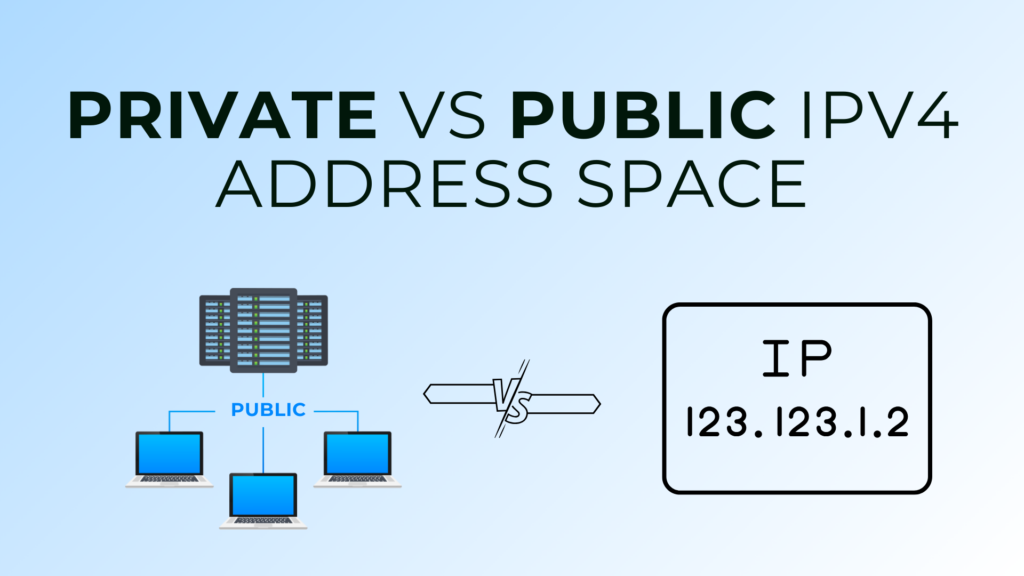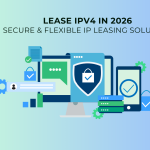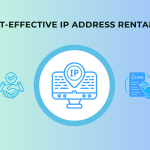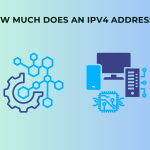In networking, two types of IP addresses can be pointed out: private and public. Properly understanding these two types of IPv4 addresses is key to effective troubleshooting on the network. This article shall delve into how they work and when each should be best put to use in identifying problems on either end—clients and servers.
IPv4 Addressing
An IPv4 address is the fourth version of Internet Protocol’s (IP). In simple terms, this is the set standard followed in connecting various computers to the internet. IPv4 consists of 32-bit addresses, which effectively means that there is a maximum number of 4,294,967,296 unique addresses.
The majority of such addresses are allocated to particular locations, for example, businesses or institutions. But there is a small pool of addresses that remains unallocated to any specific purpose and may be used for special purposes such as private networks or by companies who are trialing new products and services. Consequently the two variations: public and private IPv4 address space.
The Differences Between Private and Public IP Address Space
Public IPv4 addresses are assigned to devices that are meant to be reached from the Internet, such as servers. Private IPv4 addresses are assigned to devices that need not be accessed from the Internet, for example, laptops and printers.
Private IPv4 Addresses
Private IP addresses won’t get routed over the public internet. That means even if you have a website based on a private IP address, it can be accessed by others in your local network.
The most common use of private IP addresses is for local area networks (LANs) within individual sites, mainly in homes or small businesses. Virtual Private Networks and closed Intranet are included among these.
Public IPv4 Addresses
Because it is routable within the public Internet, that becomes a public IP address. So, for instance, if you have your website with a public IP, then it can be connected to by anyone all over the world.
Public IPs are most widely used for websites, email servers, and other online services accessible to the public. They’re also used for apps that have to be accessible from outside your local network, such as file-sharing services or remote desktop applications.
IP Address Comparison Table
| Aspect | Private IP Address | Public IP Address |
|---|---|---|
| Accessibility | Only accessible within local networks | Accessible from anywhere on the internet |
| Use Cases | LANs, VPNs, intranets | Websites, email servers, remote applications |
| Security | Enhanced security within local networks | Requires robust security measures |
| Address Range | 10.0.0.0–10.255.255.255 (Class A) 172.16.0.0–172.31.255.255 (Class B) 192.168.0.0–192.168.255.255 (Class C) |
Any address not reserved for private use |
Conclusion
Basically, it is the difference between the private and public IPv4 address space that caters to different purposes. Private address space is utilized for local networks; it helps conserve the number of available IP addresses. The public address space is primarily used by organizations and people who require global connectivity. Now, bear these differences in mind as you configure a network next time.






